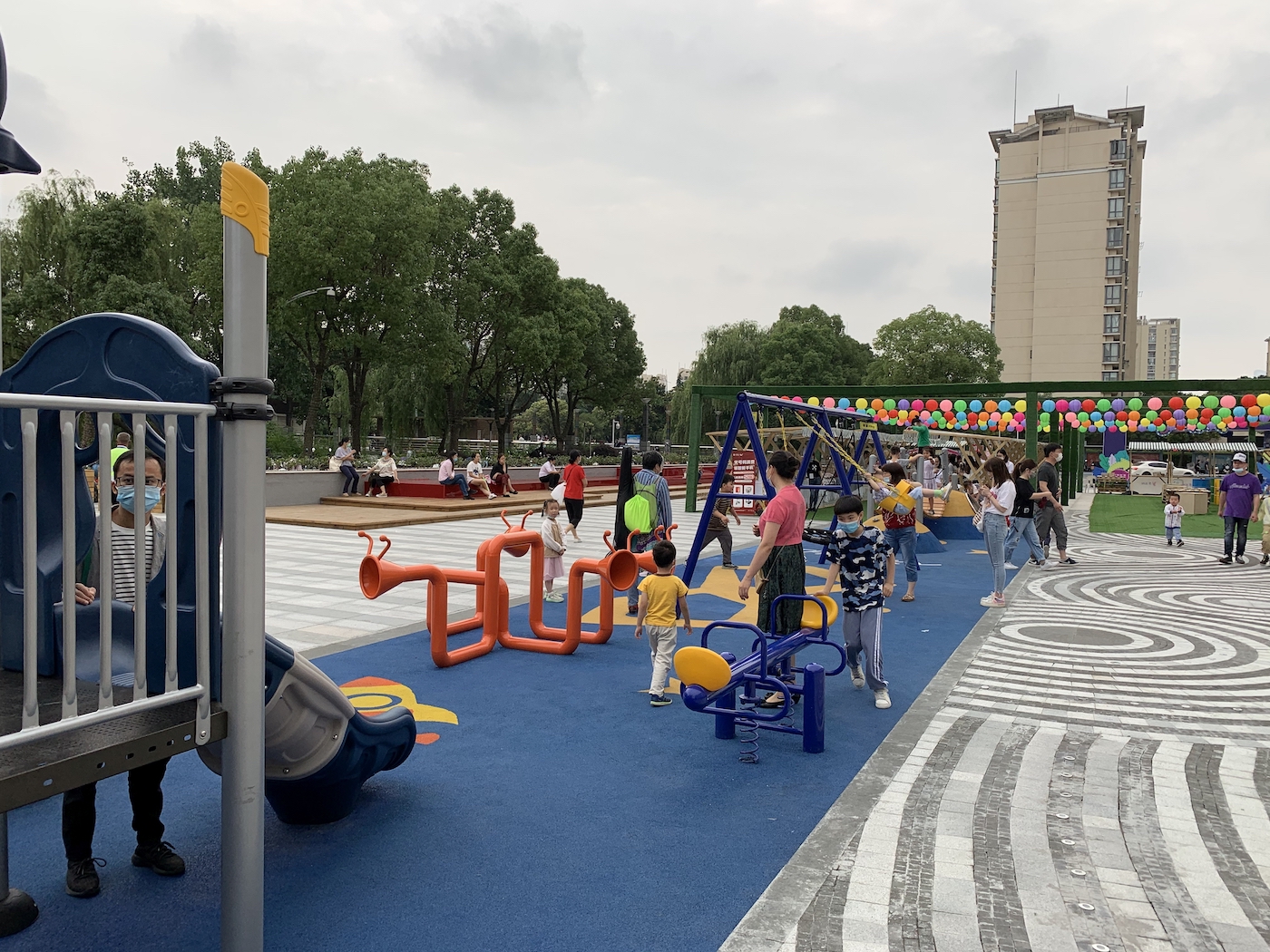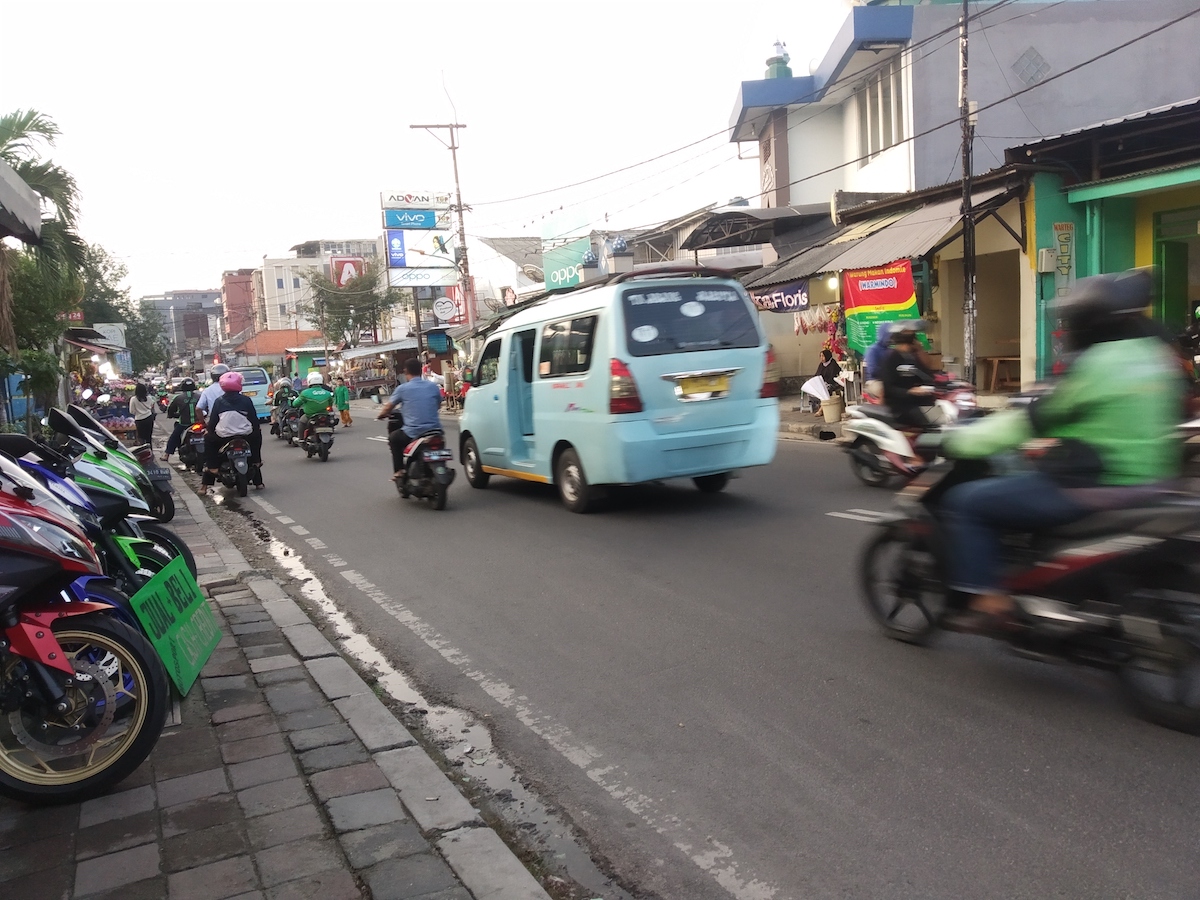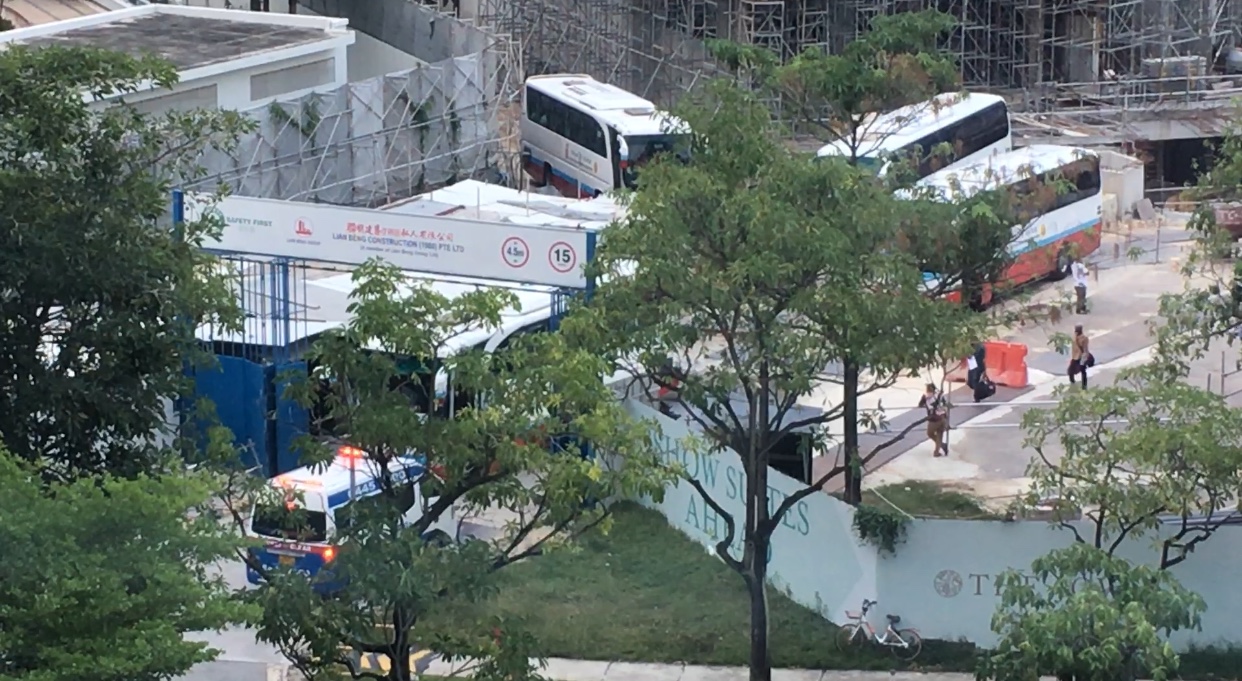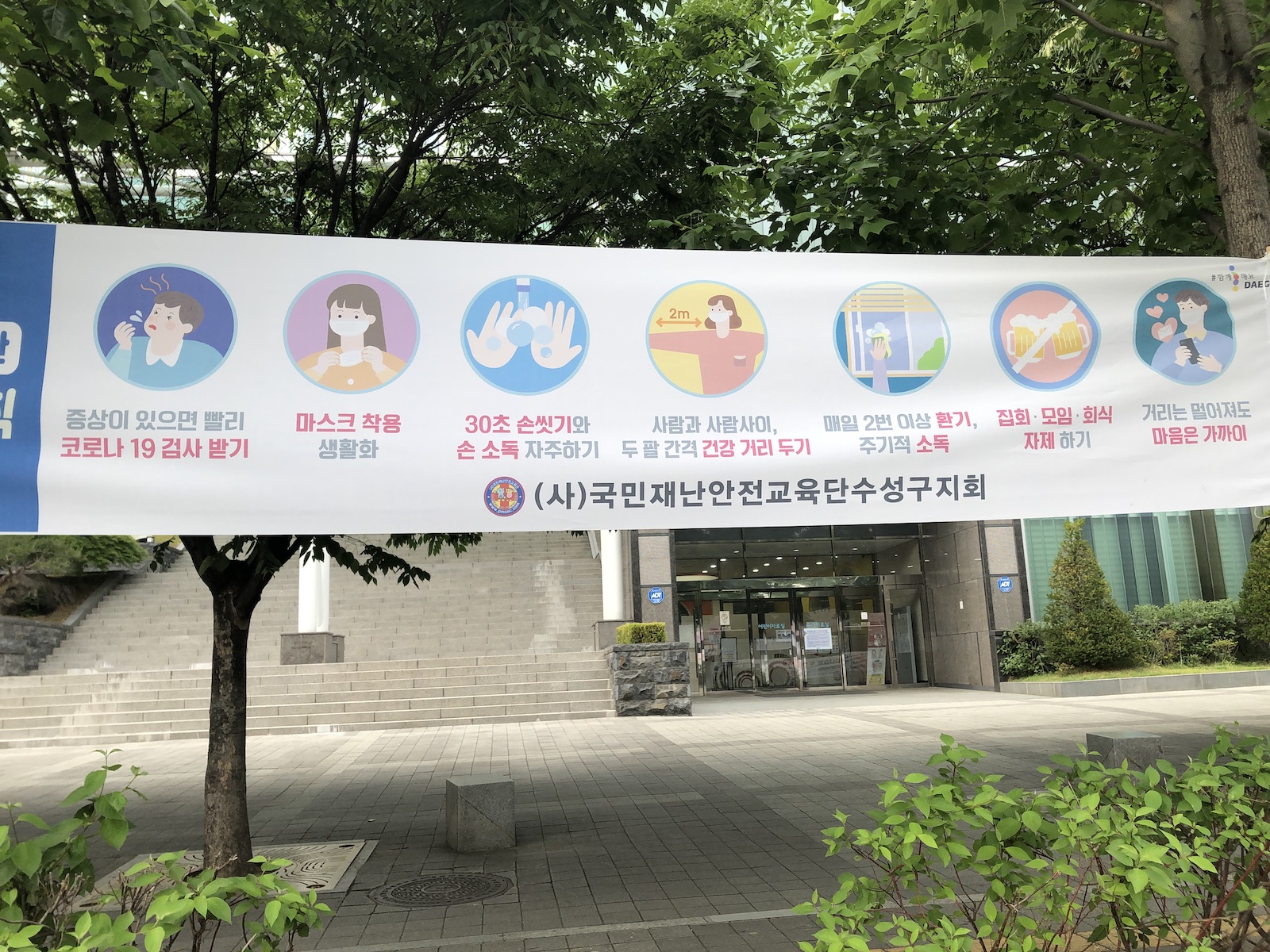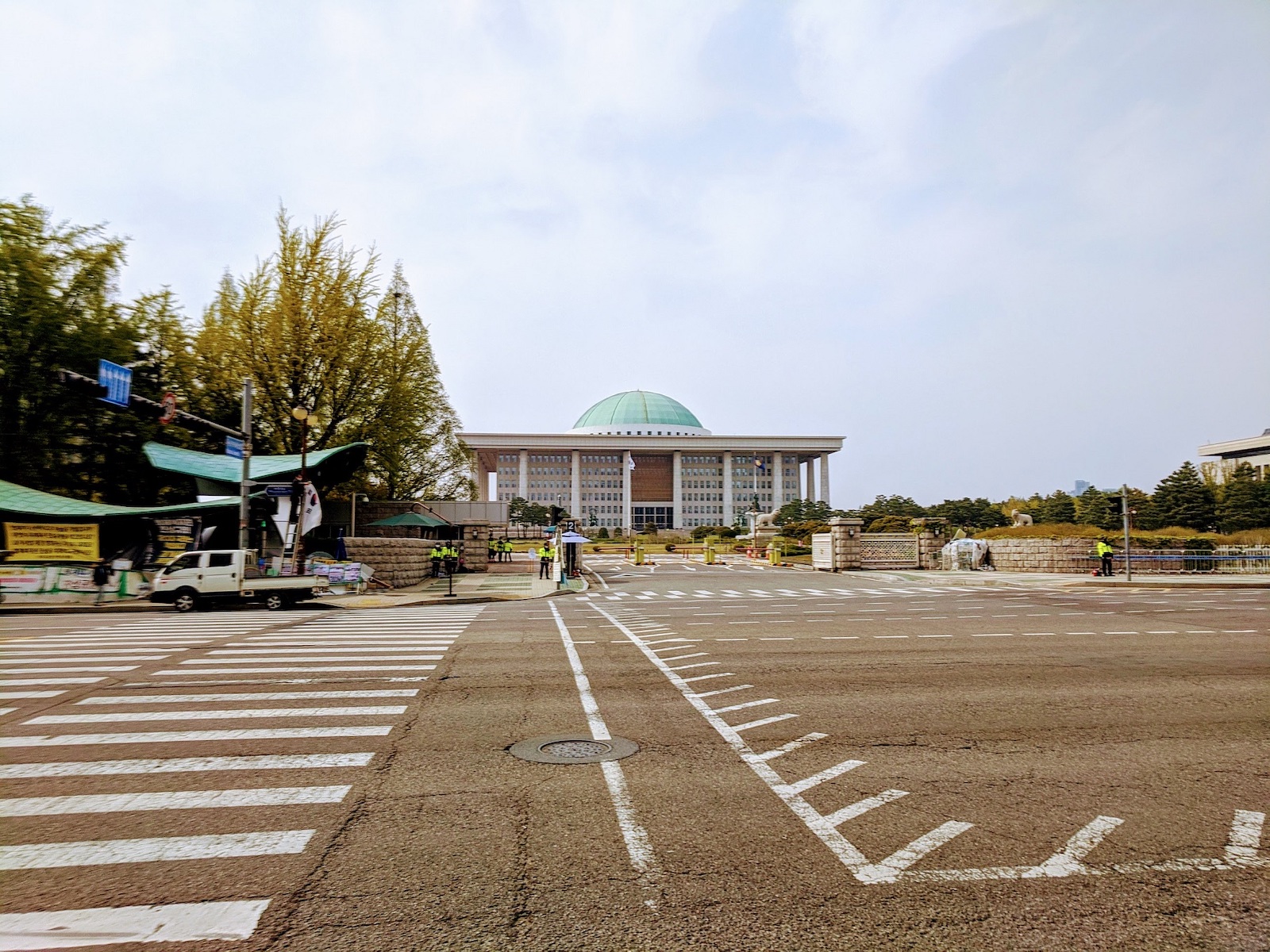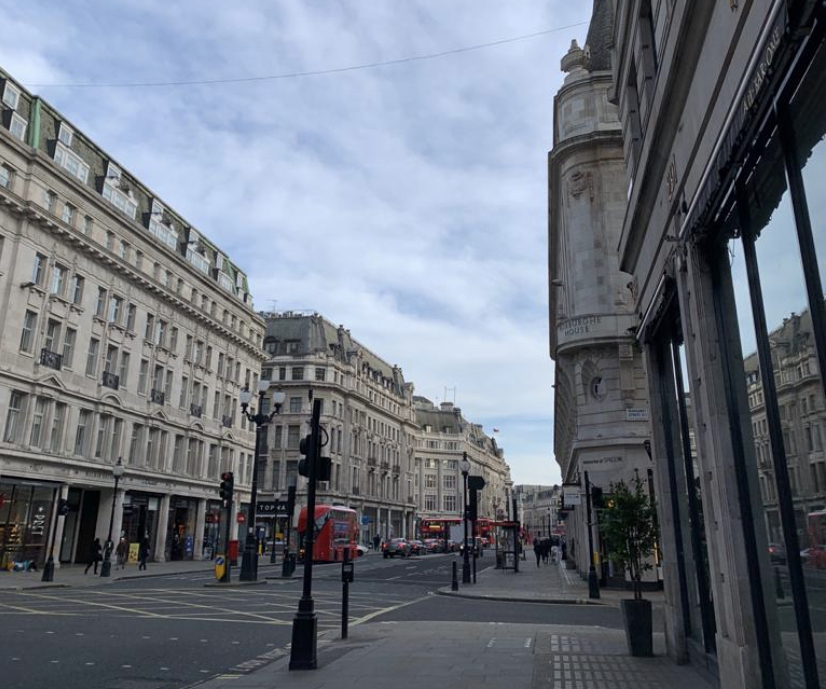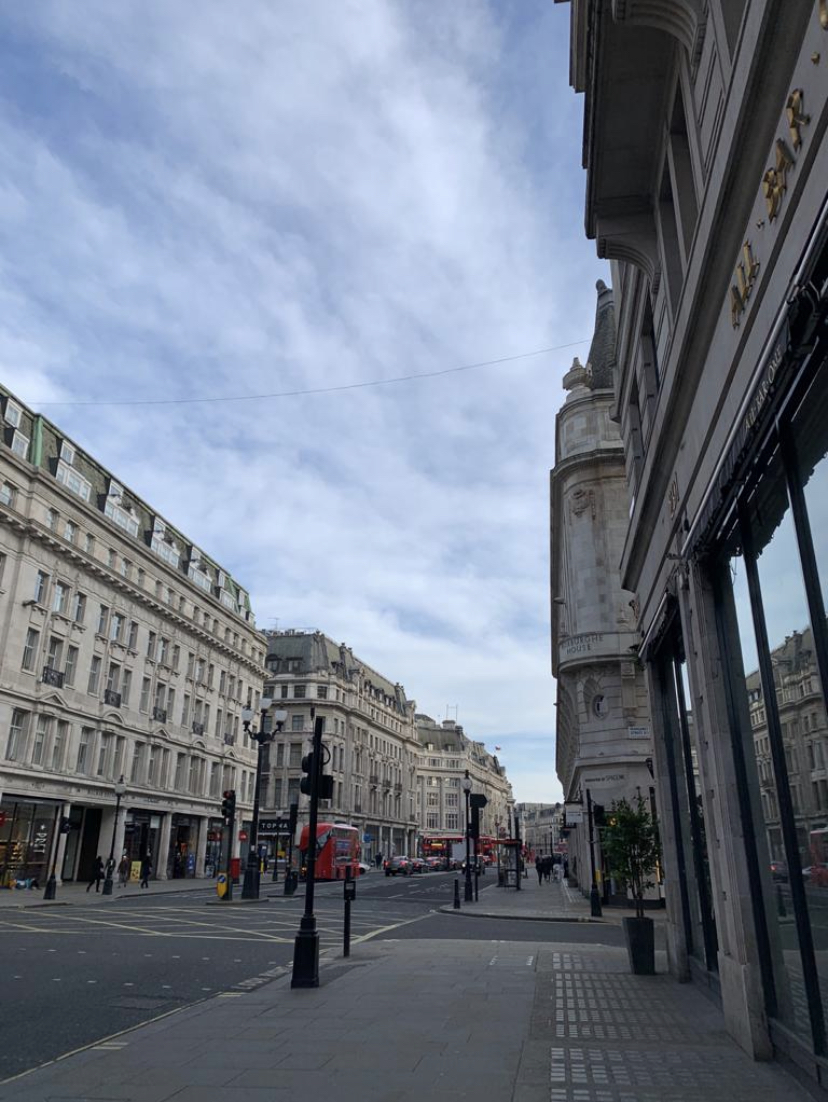Jack, who we interviewed about being in Guangzhou during the early days of the COVID-19 epidemic in China, moved to Cambodia during the thick of the COVID-19 pandemic and for the past 6 months has been enjoying its historical sights without being overwhelmed by fellow tourists. With all the travel restrictions and strict criteria presently going on, we had to ask him how he made it happen.
“We were fortunate enough to be offered jobs here in Cambodia.”Q: Hi Jack, welcome back to LUCK-IT! The last time we spoke with you you were living in China, and now you’re in Cambodia. Why did that happen?
A: My wife and I teach in international schools. We’ve lived in several countries over the past 25 years mostly in Far East Asia with one foray into Africa. China won’t issue work visas to men over 60, and I turned 60 last year, so we had to leave.
What about Cambodia makes you want to live there during COVID-19?
Since we’re teachers, we go to where the next job is. We went to a job fair in Bangkok a year ago just before #COVID19 hit the scene during our Chinese New Year break. We were fortunate enough to be offered jobs here in Cambodia. As soon as we got back to China, though, the #COVID19 news began breaking, and we didn’t return to school until March or April of last year.
How then did you manage to move from China to Cambodia amidst COVID-19 border restrictions? What challenges did you face when doing so and how did you overcome those?
Because of the border and travel restrictions, it was not clear whether we would be able to travel at all. We know many teachers who had taken jobs but were unable to travel to start them.
There were a couple of issues that we faced due to #COVID19: (1) We didn’t have to report to our new jobs until 1 August 2020, but our school in China cancelled our work visas two weeks after the close of school, which meant that we had to depart by that time. Because of #COVID19, they relented and didn’t cancel our visas until we were able to leave. They also allowed us to stay in our apartments until then also. Similarly, the school we were traveling to allowed us to arrive any time before August. They would provide accommodations and arrange for our visas. (2) Many countries had closed their borders, so travel was quite difficult. Flights were irregular and frequently cancelled, so up until May, it wasn’t clear that we would be able to do anything other than return to Canada. For many teachers, this was the only option. Many could not travel on to the jobs they were contracted for. (3) Cambodia was different, though. They had not closed their borders completely. They had strict requirements for entry, though: (a) You had to have a negative #COVID19 test within three days before arrival. (b) You had to pay a $3,000.00 (US) deposit upon arrival to be repaid after completing a two-week quarantine. (c) You had to demonstrate that you had a minimum of $50,000.00 (US) coverage in health insurance. And (d) you had to complete a two-week quarantine. Luckily, you could complete it in your own accommodations as long as no one on your flight had a positive #COVID19 test after their arrival in Cambodia. We are a family of three, so that meant we had to have a $9,000.00 (US) deposit available upon arrival. You could charge it to a credit card, but our school paid our deposit for us.
We are a family of three, so that meant we had to have a $9,000.00 (US) deposit available upon arrival. You could charge it to a credit card, but our school paid our deposit for us.
Which 3 people or objects were most helpful when you were doing the above?
There were many people who were very helpful as we went through making our travel arrangements and arrived in Cambodia. First, there was a travel agent in Guangzhou who made the arrangements for our #COVID19 test certification. They provided a guide to walk us through the process at the only hospital that would provide an English-language certificate. Second, there were the people from the school who met us at the gate and walked us through our arrival and navigating the deposit and having our #COVID19 certificates verified and our insurance verified. And third, there were the unfortunate people who had to give our daughter her #COVID19 test upon our arrival.
Our daughter is autistic, but she is quite high functioning and able to manage most situations. She does have several heightened sensory sensitivities to noise, pain, and busy visual spaces. She wears sound-cancelling headphones any time we’re outside of the house. She doesn’t like being in noisy crowded places and she definitely didn’t like the nasal swab of the #COVID19 test.
In China, they only did a throat swab. In Cambodia, they not only did the nasal swab, but they did both nostrils and the throat. They wouldn’t let us go together as a family, either. We had to go individually. Our daughter is 15 years old, so they thought she would be able to manage, I guess. I went first, and immediately went to find her after completing my test knowing that it would be a trial for her.
By the time I found her, she was standing off to the side by herself refusing to let the testing fellow near her and refusing to cooperate at all. She was weeping and rocking and pacing and vocally insisting that she wasn’t going to do the nasal swabs. I was surprised that she had allowed them to do the throat swab before I got there.
Of course, there wasn’t much space and there was a crowd of curious onlookers gawking, a crowd of testing personal coming to see what the commotion was, and several security personnel, too. My wife and I were able to get her to calm down a bit, and we were able to get the testing fellow to understand that it was going to be difficult to get her to test.

Regulations were regulations, though, and no one could get in without the tests. Our helpful translators and guides had not been allowed to accompany us into this area. It really looked like we might not be able to enter the country after all. But, the good man there brought out the child-sized swab and showed her how much smaller it was. He got her to try it. She didn’t tolerate it in her nasal cavity for very long. I don’t think he made it to the back of the cavity, either. It was in and out, and he only did one nostril.
I will always be grateful for his understanding and kindness. As we left I looked around at the staff. Some of them were shaken and a bit ashy looking. She made quite a scene.
Which place was most helpful?
Our employer was the most helpful place. The school provided so much support for our transition. They allowed us to arrive early and straight from China. They met us at the airport, and then after our overnight stay at the quarantine hotel where we had to wait for our #COVID19 test results. They provided groceries and information about the city. Really, everything that we would need to feel comfortable and get to know our new home.
What was the COVID-19 situation in China like when you left and what was the situation like in Cambodia when you arrived?
When we left China, it was clear that China had contained the virus and there were fewer cases. They had loosened some of their border restrictions with Hong Kong and for travel within the country and the city of Guangzhou.
As #COVID19 cases subsided in China and community transmission declined, there was a fear of foreigners who were blamed for bringing more infections into China. The problem was that most imported cases came from Chinese nationals returning from foreign travel. There were very few spread by foreigners, but that is a typical response to foreigners around the world.
Cambodia has very few cases and in July when we arrived, there were even fewer. Literally only a few hundred. At one time there were no active cases. There are travellers who have brought infections into the country, though. And, there have been several mini-outbreaks.
One of the worst ones occurred in the fall. The Foreign Minister of Hungary had led a large delegation on a visit. Upon his return to Hungary, he tested positive. They immediately began contact tracing and realized that there were more than 900 possible contacts, so they closed the schools and locked down most of Phnom Penh.
Since then there have been one or two new cases in the country. They close down shopping centers and markets depending on where the infected person had been. They are very thorough in their contact tracing as well.

Recently, they’ve eased restrictions at the school allowing for expanded bubbles of students to increase interactions.
One of my thoughts is that the government realized how vulnerable their healthcare system is and what would happen if they allowed it to be overwhelmed, so they started out very strict a year ago. They were able to prevent too many infections from entering the country over the past year and contained any outbreaks quickly and efficiently to limit or prevent community spread.
What policies are there in Cambodia to keep the spread of COVID-19 down? How does this compare to the COVID-19-related restrictions in China?
I think that the collectivist societies of Far East Asia, in general, have some advantages over the individualist societies of Western Europe and North America. People are more oriented to doing what is necessary to protect the group and will be more cooperative with government instructions.
That said, I think, it also helps that there is still a deep culture of authoritarian government here. Cambodia was ruled by a king for much of its history and then the government was taken over by authoritarian rulers in the ’70’s, ’80’s, and ’90’s. Now, the Prime Minister is almost revered. His word is law. The focus on the press is on Prime Minister Hen Sen. Whatever actions the government takes or recommendations it makes, are reported through him.
Shortly after school started in August, there was a national week-long holiday. It was Khmer new year. They moved it to August because they had cancelled it last March (I think it was in March) to help limit the spread of #COVID19.

All of these factors combined help make the mitigation efforts very effective.
What did you learn from moving to Cambodia that you didn’t know before?
Cambodia has been a crossroads for much of its history. It has linked the areas that surround it together, so you can see it in the faces of its people. There are physical traits more commonly associated with Malaysia and Indonesia, India and Thailand, China and Viet Nam. And, because of French colonization and the struggle for independence, you can see people with more Western features, too. All people are accepted, though… as far as I can tell.
Also, the generation of the Pol Pot genocide is noticeably limited. The Khmer Rouge era was so traumatic that it seems to have bound the nation together in their effort to recover and overcome the hardships it imposed. Everything from mourning the vast number of dead, to coping with landmines, to redeveloping the cities and economy.
Now, they are struggling to cope with an economy devoid of tourists. One way they do that, though, is by promoting internal native tourism. Cambodians are traveling the country. It is nice to visit Angkor Wat and the areas around Sihanoukville without the overwhelming numbers of tourists.
What advice do you have for those thinking of moving to a new country during this period too?
Do your homework. You’ve got to know the entry regulations for the country you’re visiting and the status of the pandemic there. And, with the new more contagious strains of the virus out there, double mask. Until the world achieves herd immunity, we are all going to be vulnerable to outbreaks of #COVID19. Use an abundance of caution, respect local efforts to mitigate the pandemic, and be careful.
One of the silver linings is that we are traveling much more slowly. With the necessity of a two-week quarantine upon arrival, you either are planning on staying longer, to make your month of quarantine worth it—remember you have two weeks to do upon your return home—and limiting your travel to one country. Or, if you are vacationing within a country, you can spend more time getting to know the place you live.
Lastly, you’re from the USA, so what are your thoughts on the COVID-19 situation there at the moment? Would you be going back to visit any time soon?
I think the situation in the US is absolute madness. That anyone would accept a government that has stood by and allowed over 400,000 of its citizens to die needlessly and painfully is nothing short of madness. It demonstrates the absolute power of cognitive dissonance and motivated reasoning to alter perceptions, cognitions, behaviors and endanger society itself.
Being 60 and not having lived in the US for the last 25 years, I have few ties left. Also, since my wife is Canadian, and since she actually has living family she’s close to, we visit Canada far more than the US. There really is very little reason for me to go back.
Jack is presently learning Khmer from books and online courses. He is also training for a marathon and working on expanding the readership of his blog through improved SEO and networking. You can find out more about him at his blog, The Psy of Life (“a political psychology blog that focuses mostly on the US”), on Twitter, or ask him anything using the comment box below.
More interviews about COVID-19 here.
Other interviews with Jack:
COVID-19 Diaries: The Situation In Guangzhou, 83 Days In
Photograph copyright of Jack. Interviewer: Sy
Want to be featured too? Tell us here.
If you found this article useful:


